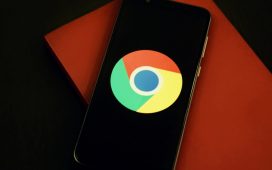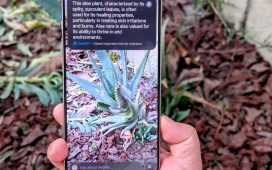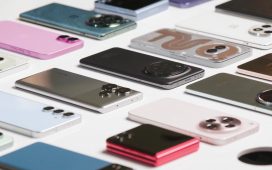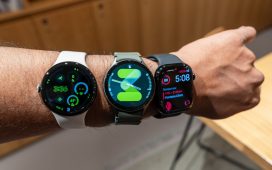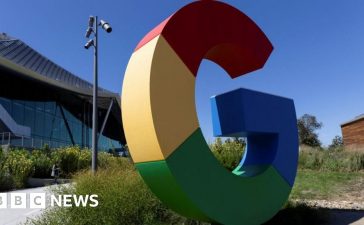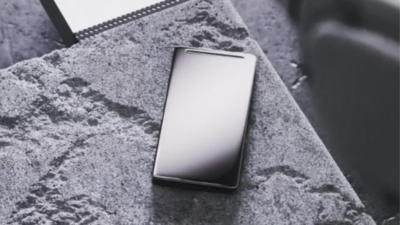
The European Commission has opened a formal antitrust investigation into US glass maker Corning over concerns that its exclusive supply agreements with mobile phone manufacturers may have illegally excluded competitors from the market for break-resistant screen glass.
The probe will examine whether Corning, which produces the widely-used Gorilla Glass brand of protective smartphone screens, abused its dominant market position through anti-competitive practices with both phone makers and raw glass processing companies.
EU antitrust chief Margrethe Vestager said the investigation aims to determine if Corning’s practices have “deprived consumers from cheaper and more break-resistant glass” options.
Regulators are specifically investigating three types of potentially anti-competitive clauses in Corning’s agreements with phone manufacturers: exclusive sourcing requirements, exclusivity-based rebates, and provisions forcing manufacturers to inform Corning about competitors’ offers before accepting them.
The Commission is also examining Corning’s contracts with glass processing companies, which allegedly included exclusive purchase obligations and clauses preventing these companies from challenging Corning’s patents.
If found to have violated EU competition rules, Corning could face fines of up to 10% of its global annual revenue. However, the company now has the opportunity to offer commitments to address the Commission’s concerns before the investigation concludes.
Corning’s Alkali-aluminosilicate glass, marketed under the Gorilla Glass brand, is used to protect displays on most major smartphone brands. The material has become a standard feature in modern mobile devices due to its scratch and damage resistance properties.
The Commission said it will carry out the investigation “as a matter of priority,” though no deadline has been set for its completion.

